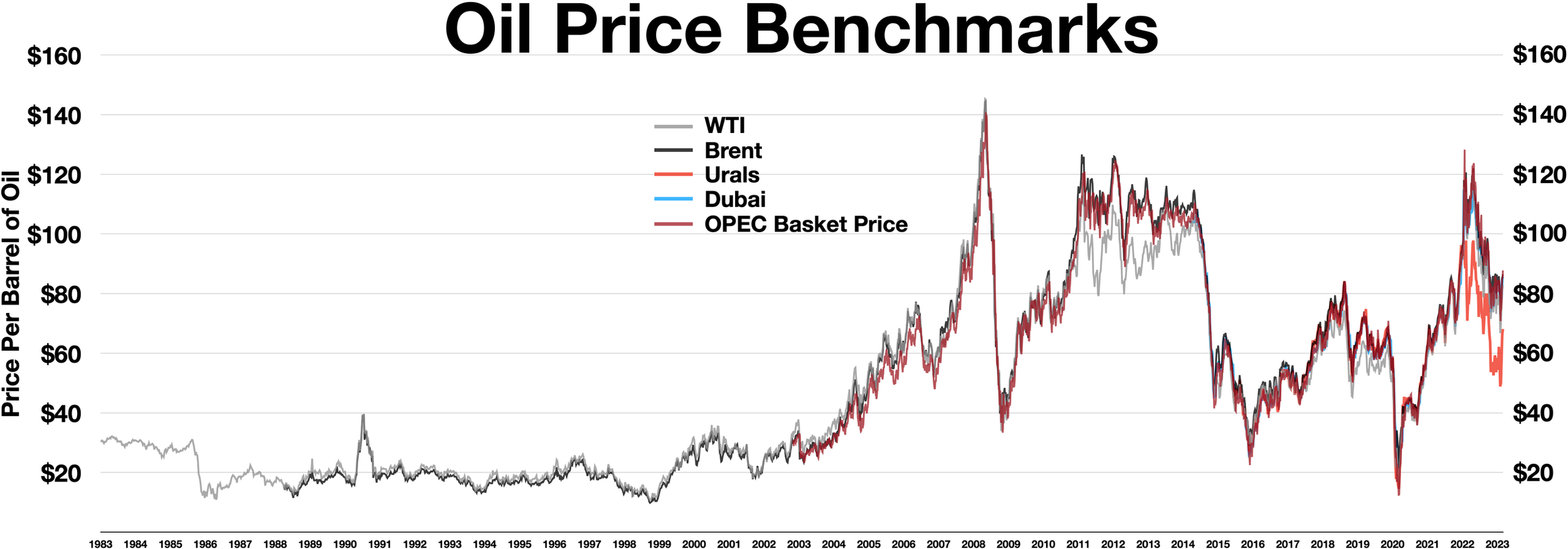
CSO - Crude Spread Options
Global crude spread options provide sophisticated market participants with targeted tools to manage price differentials between key crude benchmarks and grades. These instruments are essential for refiners, traders, and producers looking to hedge exposure to regional dislocations while capturing opportunities driven by changing supply-demand dynamics across global markets.
Market Volatility and Opportunity
Liquidity Energy’s crude options brokers have guided clients through historic spread volatility, from the WTI-Brent dislocations during U.S. shale growth to the sharp moves in Dubai-Brent and Urals differentials during geopolitical disruptions. Spread volatility creates hedging challenges for cargo movements while presenting profit opportunities for traders who anticipate regional shifts in flows, refining margins, and arbitrage windows.
Global Crude Spread Benchmarks
Key spread option markets include WTI-Brent, Brent-Dubai, and Brent-Urals, each reflecting the relative value between major crude benchmarks. These spreads are influenced by regional supply-demand balances, shipping logistics, refinery configurations, and geopolitical factors. Understanding and monitoring these benchmarks is critical for participants seeking to manage risk and optimize cargo economics globally.
Physical vs Financial Markets
While physical market participants must manage the operational complexities of transporting and refining different crude grades, spread options allow financial participants to hedge or speculate on relative price movements without physical exposure. Mastery of both market layers enables participants to protect margins on physical trades while capturing value from market volatility.
Price Discovery and Risk Management
Crude spread option pricing reflects real-time changes in supply disruptions, OPEC+ policies, refining outages, and freight rate fluctuations. These instruments enable participants to hedge crack spreads, optimize refinery feedstock costs, and protect against adverse regional price movements. Effective trading in global crude spread options requires ongoing market monitoring and adaptive hedging strategies as differentials evolve.

